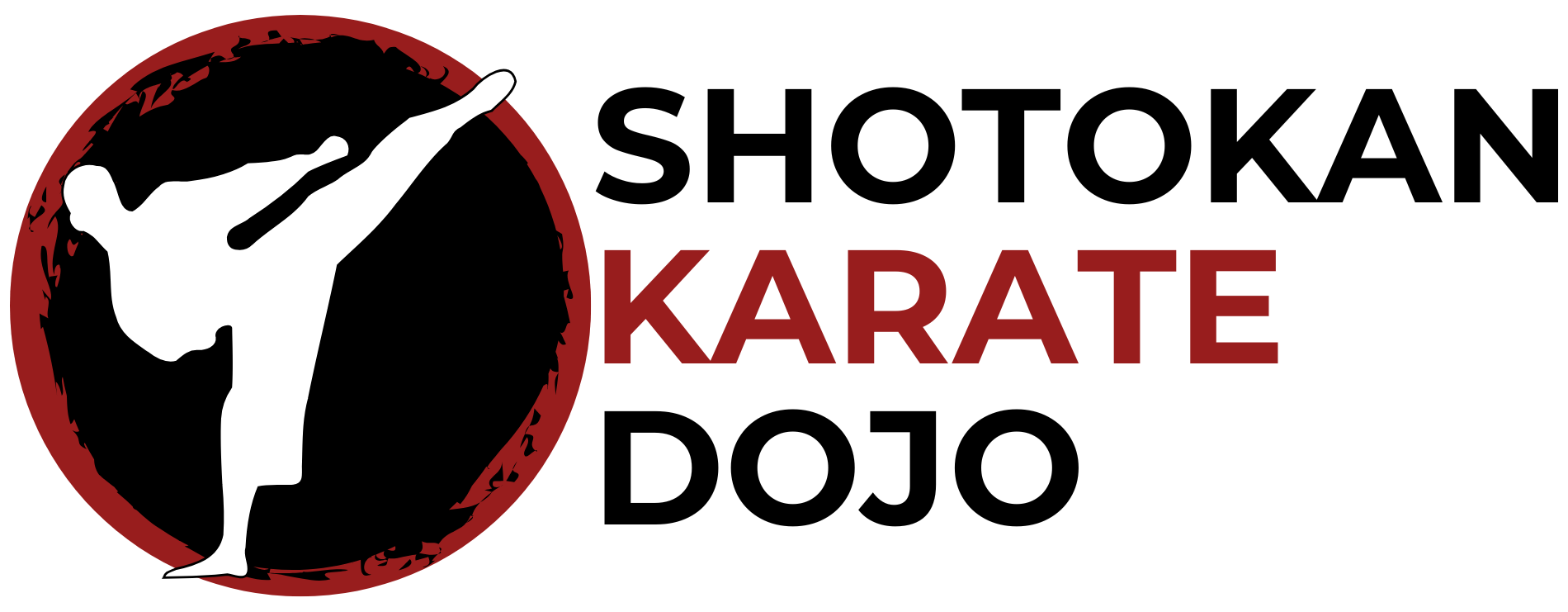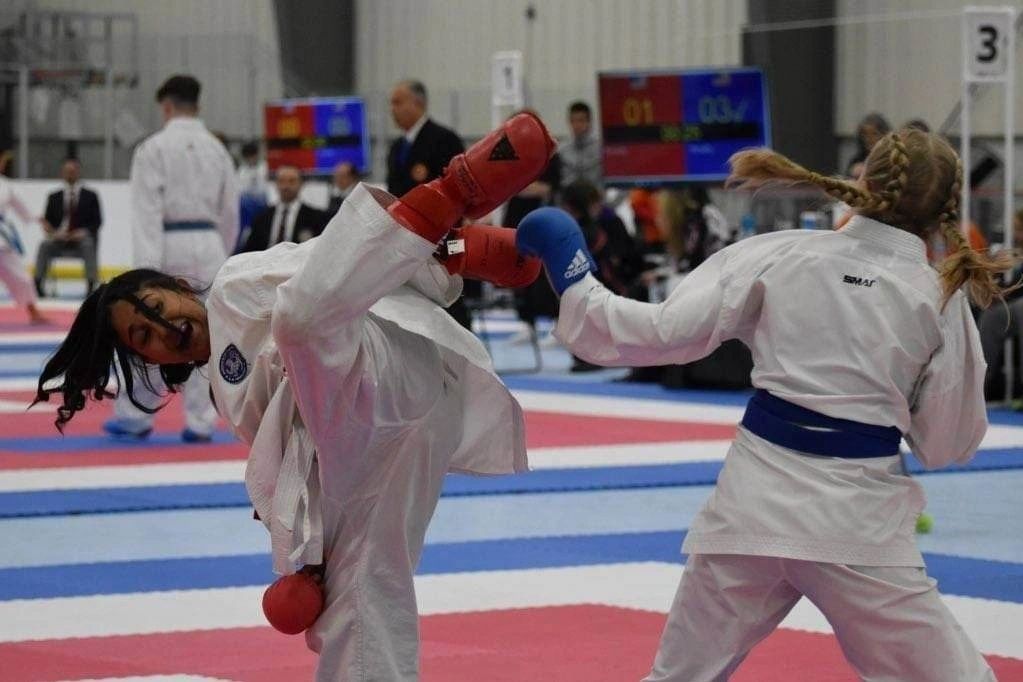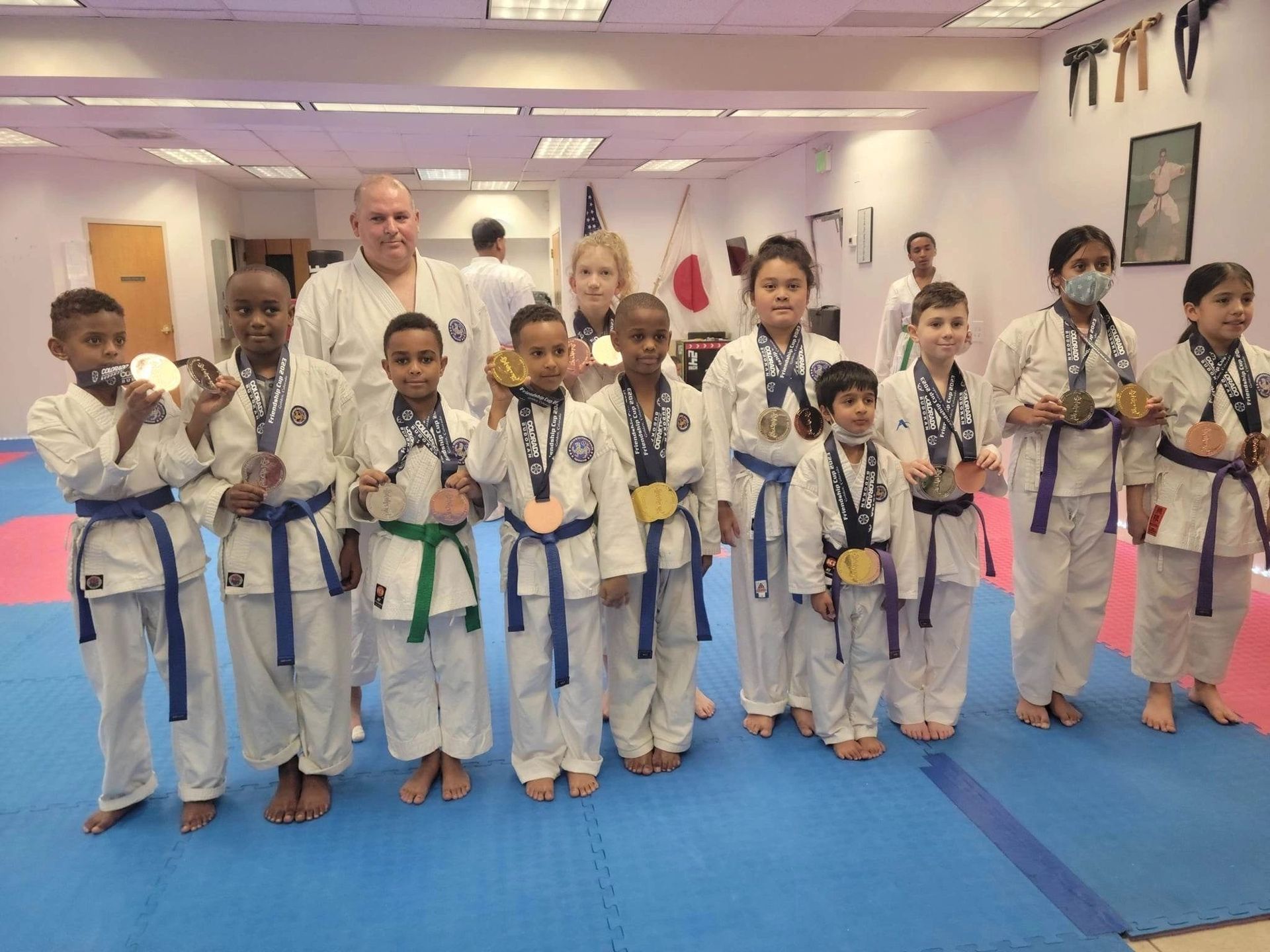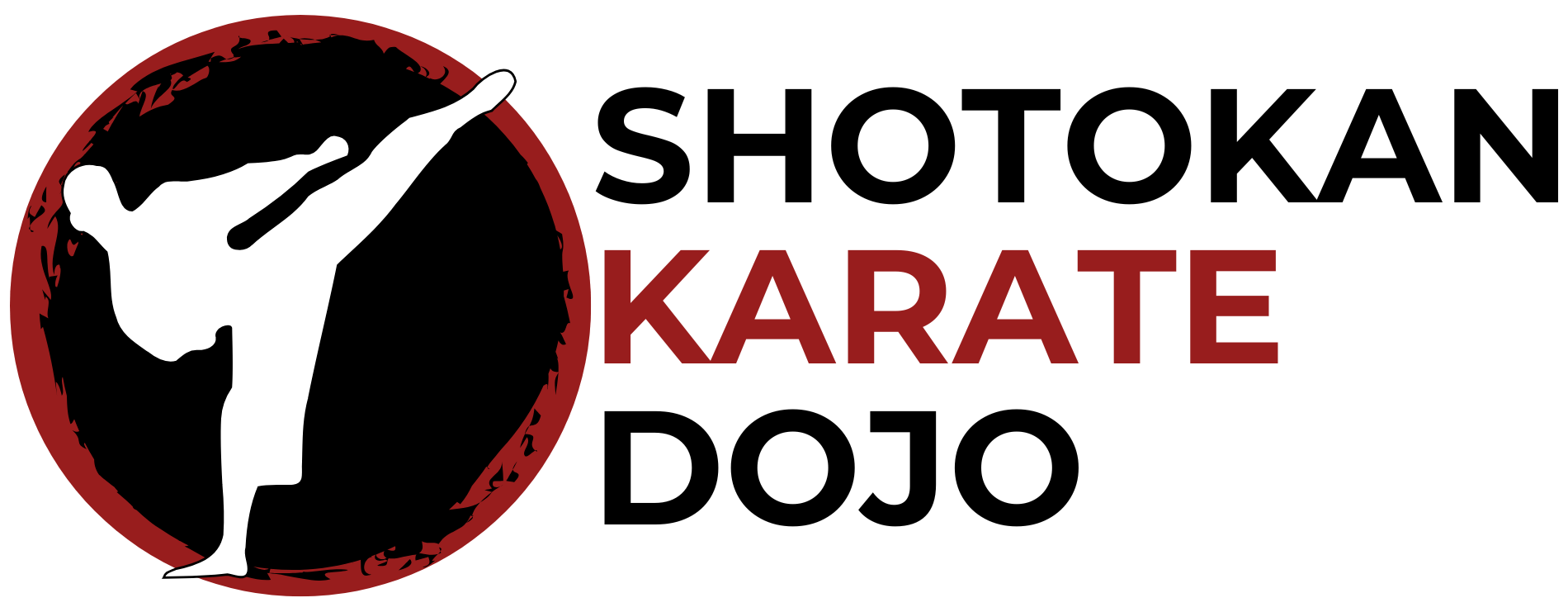
what karate does for kids
Shotokan Karate Dojo
What Karate Does for Kids
The Benefits of Karate When You Start Them Young
Karate is not only an excellent form of physical exercise for children, but it also offers a wide range of mental, emotional, and social benefits. When children begin practicing karate at a young age, they develop important life skills that last a lifetime. Many parents are pleasantly surprised by the positive impact karate has on their children's overall development. From increasing strength and discipline to improving mental focus and self-confidence, karate provides a holistic approach to growth.
Respect
One of the most important virtues instilled through karate-do is respect. In the dojo, respect is not optional; it is a core value taught from the very first lesson. Karate-ka learn to show respect not only to their instructors and fellow students but also to themselves and others. This respect for tradition, self, and others helps cultivate good manners and positive behavior in all areas of life, including school, home, and social settings. Many parents note that their children begin to display increased respect for authority, peers, and themselves, which directly benefits their behavior and relationships.
Confidence
Karate is a non-team sport where individual effort and personal responsibility take center stage. When children practice karate, they face challenges that require them to step out of their comfort zone. Learning new techniques, performing in front of others, and testing their skills during sparring builds confidence in their abilities. Karate teaches kids that perseverance and effort lead to improvement, fostering self-esteem and the courage to face difficulties both in and out of the dojo.
Increased Mental Capability
Karate is more than just physical exercise; it is also a mental workout. Learning karate techniques, terminology, and the intricate movements of kata (forms) enhances brain function, improving memory, focus, and hand-eye coordination. Psychological studies and real-world observations suggest that karate boosts mental agility and cognitive development, especially in younger children. The practice of karate creates new neural pathways that make learning other subjects, like math and reading, easier.
Moreover, karate sharpens a child’s depth perception, spatial awareness, and reaction times, which are useful in daily activities such as sports and even driving as they get older. Mental focus in karate also teaches children how to concentrate in other areas of life, helping them become more efficient and goal-oriented students.
Physical Strength and Fitness
Unlike many activities that target specific muscles or body parts, karate is a full-body workout. Karate helps children develop strength, endurance, and flexibility, training the entire body in a balanced way. It emphasizes a large range of motion and functional movement patterns, improving overall physical fitness. Karate strengthens the muscles, bones, and joints, promoting healthy growth and development.
In addition, karate training helps children improve balance, coordination, and posture. Over time, their body becomes more durable and resilient, making them less prone to injury. Studies have shown that karate practitioners, especially from a young age, tend to live longer and experience fewer health issues than their peers due to the long-term benefits of karate on musculoskeletal health, circulation, and digestion.
Awareness and Focus
In today's world, where many children are consumed by electronic devices, karate teaches the importance of awareness. One of the central principles of karate is zanshin, or “total awareness.” Karate-ka learn to be aware of their surroundings, pay attention to detail, and remain alert at all times. This heightened awareness extends beyond the dojo, helping children improve their situational awareness, reflexes, and decision-making skills in real-life scenarios.
Whether walking home, engaging in a sport, or simply navigating social interactions, the heightened focus and attention to detail developed in karate make children more mindful and prepared in everyday life.
Self-Defense
One of the primary reasons children learn karate is for self-defense. True karate teaches children how to protect themselves physically while also understanding the psychology behind aggression. Karate goes beyond simply learning how to block or strike—it teaches children how to assess and defuse potentially dangerous situations before they escalate.
In addition to physical defense techniques, karate helps children develop the mental tools to avoid conflict in the first place. This comprehensive understanding of self-defense ensures that children are not only equipped to protect themselves but also to handle difficult situations with confidence and maturity.
Discipline
Karate is built on discipline. There are no shortcuts in karate—only consistent effort and dedication lead to improvement. In the dojo, children learn that success is earned through hard work and patience. They also learn that failure is part of the learning process, and they must keep trying to improve.
The discipline learned in karate extends beyond the dojo. Children develop the ability to manage their time, set goals, and remain focused on tasks, whether in school or at home. The ability to stay committed and focused will help them succeed in many areas of life.
Cultural Understanding
Shotokan Karate, like many other traditional martial arts, is deeply rooted in Eastern philosophy and culture. By learning karate, children are introduced to Japanese culture, language, and history, which expands their understanding of the world. Karate not only teaches self-defense but also instills a sense of respect for tradition and cultural diversity.
The discipline, respect, and philosophy of karate-do are woven into every lesson, helping children develop a broader perspective on life and the importance of understanding and respecting different cultures.
Sense of Community
At Shotokan Karate Dojo, children are part of a community that fosters respect, camaraderie, and support. Karate practitioners—both young and old—share a unique bond as part of a global martial arts family. This sense of community is invaluable, as children learn to work together, encourage each other, and grow in a supportive environment.
Karate students not only form close friendships within their local dojo but also connect with karate-ka from around the world, sharing the same values and principles. This sense of belonging provides children with a positive support system that extends beyond their immediate family or school friends.









